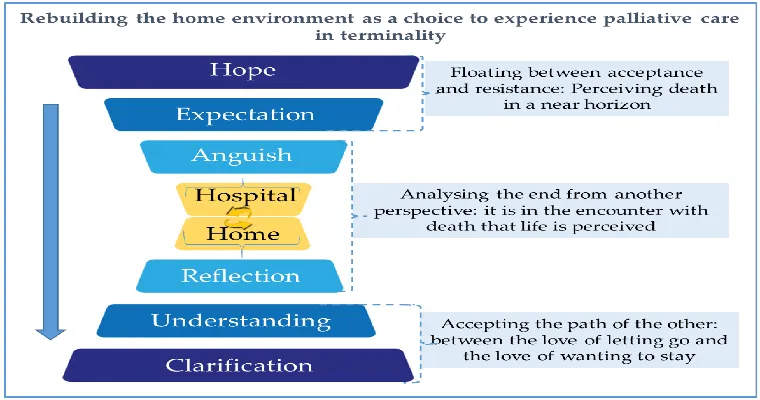Dementia is a "progressive cognitive decline" that affects millions of people worldwide. If you or a loved one are experiencing changes in "memory, thinking, or behavior", you might be wondering whether you should be tested for dementia. Understanding the signs and symptoms, as well as the benefits of early diagnosis, can help you make informed decisions about your health.
Recognizing the Signs of Dementia
Before considering a test, it is essential to recognize the "early signs of dementia". Common symptoms include:
Memory loss that disrupts daily life
Difficulty concentrating or following conversations
Challenges in planning or solving problems
Confusion about time or place
Changes in mood, personality, or behavior
If you notice these symptoms in yourself or someone else, it may be time to consider a professional evaluation.
The Importance of Early Diagnosis
Getting tested for dementia can lead to an "early diagnosis", which is crucial for several reasons. First, it allows for better management of the condition. Early intervention can help slow the progression of symptoms through medication and lifestyle changes. Additionally, knowing the diagnosis can provide peace of mind, allowing individuals and families to plan for the future.
Moreover, understanding whether the cognitive decline is due to dementia or another condition, such as depression or vitamin deficiencies, can lead to appropriate treatments. Therefore, seeking a diagnosis is essential for ensuring that the right care is provided.
Who Should Get Tested?
While anyone experiencing cognitive changes should consider testing, certain factors may increase your risk of developing dementia. These include:
Age: The risk increases significantly after age 65.
Family history: A family history of dementia may elevate your risk.
Lifestyle factors: Conditions such as heart disease, diabetes, and lack of physical activity can contribute to cognitive decline.
If you fit into one or more of these categories, discussing testing with a healthcare provider may be beneficial.
The Testing Process
Testing for dementia typically begins with a comprehensive assessment that includes:
A thorough medical history
Physical and neurological examinations
Cognitive testing, which may involve memory exercises and problem-solving tasks
Brain imaging tests, such as MRI or CT scans, if necessary
This multi-faceted approach helps healthcare professionals determine the presence and type of dementia, ensuring an accurate diagnosis.
Conclusion
If you are experiencing troubling symptoms or are concerned about cognitive decline, seeking a "dementia test" is a proactive step. Early diagnosis can significantly impact the quality of life for both patients and their families. Don't hesitate to reach out to a healthcare professional to discuss your concerns and explore the testing options available. Remember, understanding your cognitive health is the first step toward managing it effectively.





